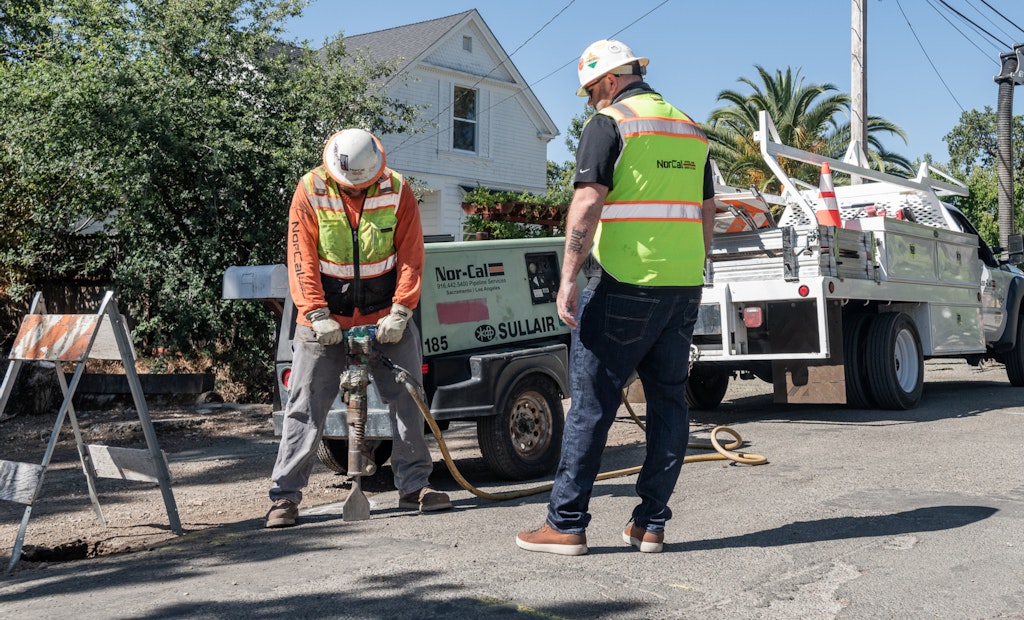Interested in Education/Training?
Get Education/Training articles, news and videos right in your inbox! Sign up now.
Education/Training + Get AlertsIn 2018, Nor-Cal Pipeline Services of West Sacramento, California, had no recordable-injury incidents. And in 2019, the company, which does hydroexcavating, sewer cleaning/inspections and pipeline rehab work, reported only two recordable incidents.
The primary factor behind this sterling safety record? An ingrained culture of safety painstakingly built during the past five years, says Dave Jaeger, vice president and co-owner of the company along with his father, Dave Jaeger Sr.
“We definitely get in front of things when it comes to safety training, most of which we do in-house,” says the younger Jaeger.
Employees attend weekly and monthly safety meetings and take mandatory courses on topics such as first aid, CPR, traffic control and more, depending on job roles. If they can’t attend, they get an email with a synopsis of the topic discussed, says Nick Azevedo, the company’s general manager.
The driving force behind this emphasis on job safety is Josh Azevedo, who was hired in 2015 as the company’s first director of health, safety and environment (HSE), Jaeger says.
It’s not that the company, founded in 2007, wasn’t safety conscious before that. In fact, when the company was hired as a subcontractor to perform hydroexcavating and sewer cleaning work on a $721 million freeway expansion in Los Angeles, it registered zero recordable safety incidents during the 6-year-long project. Nonetheless, the company never established a formal safety program, largely because of its exponential growth stemming from the freeway project.
“It was a byproduct of growing so fast,” Jaeger says. “But when we started doing larger projects for companies like [large California utility] Pacific Gas & Electric, we saw a trend with HSE at the forefront. So it made sense to tackle that and create a culture of safety.”
Employee incentives play a key role in building such a culture. For example, employees can earn points by taking online safety classes; the points can be used to acquire things such as barbecue grills, backpacks and ice chests, Nick Azevedo says.
There are 20 to 25 different online courses, ranging from operating hand tools correctly to confined-space entry awareness. A third-party company called SafetySync coordinates and administers the courses and tracks employees’ compliance. A handful of those classes are mandatory to work at Nor-Cal. Others give employees more opportunities to advance to new jobs because certain roles require certain safety qualifications.
Moreover, customers can nominate workers for safety-positive recognition when they see safe-operating practices in the field; employees get small gifts for such recognition, Azevedo says.






